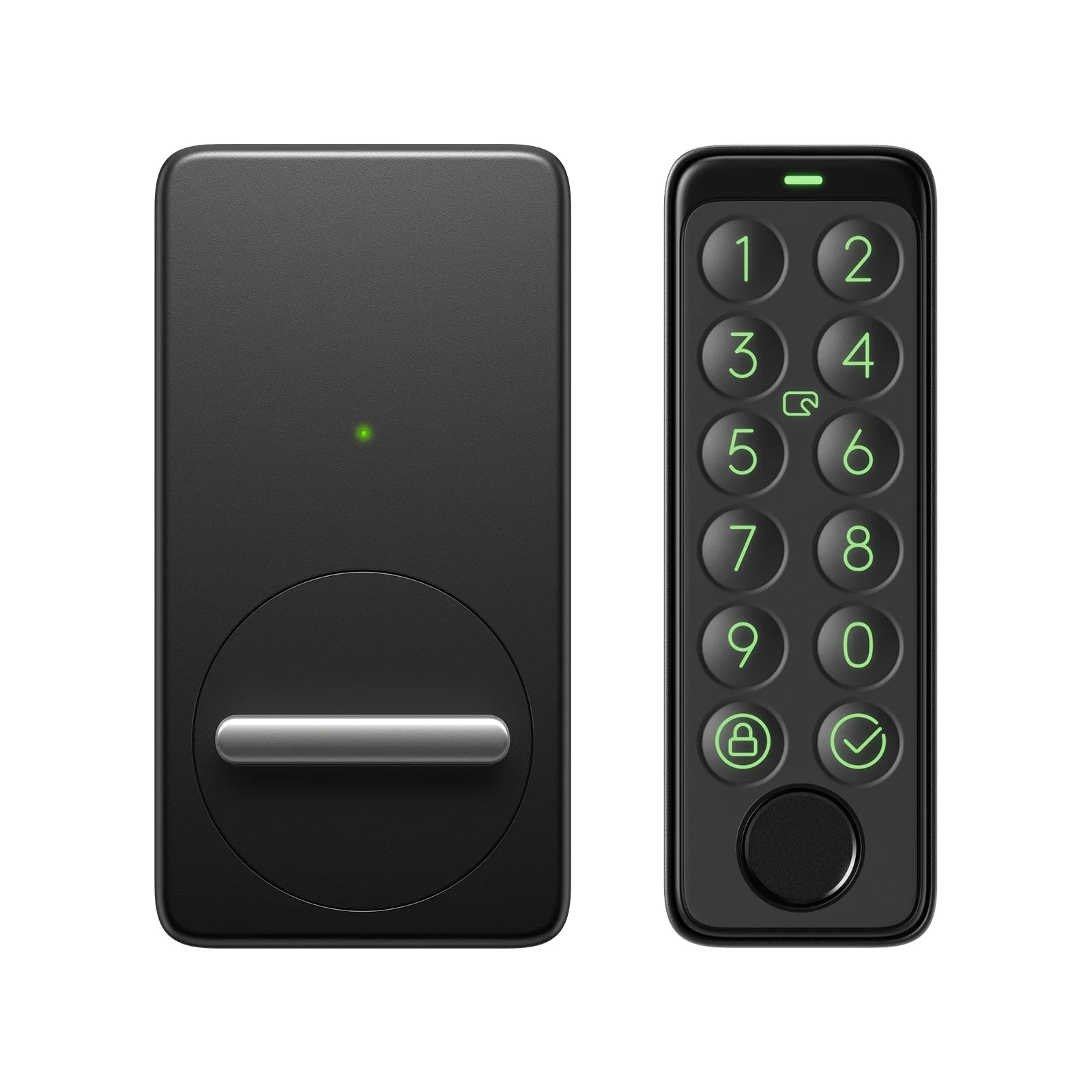In today's fast-paced world, the evolution of access control systems has been nothing short of remarkable. From traditional keycards to the latest keyless entry systems, the industry has witnessed a significant transformation in the way we secure our spaces. Smart lock technology has emerged as a game-changer, offering a wide array of benefits that are revolutionizing the way we think about access control.

The Evolution of Access Control
Access control systems have come a long way from the days of mechanical locks and keys. The introduction of keycards marked a significant shift towards electronic access control, allowing for more flexibility and security. However, the limitations of keycards, such as the risk of loss or theft, have paved the way for the rise of keyless entry systems. Smart lock technology has taken access control to a whole new level, offering unparalleled convenience and security.
Enhanced Security
One of the most significant benefits of smart lock technology is the enhanced security it provides. Unlike traditional keycards, which can be easily lost or duplicated, smart locks utilize advanced encryption and authentication methods to ensure that only authorized individuals can gain access. With features such as biometric authentication and remote monitoring, smart locks offer a level of security that was previously unimaginable.
Convenience and Flexibility
Smart lock technology also brings a new level of convenience and flexibility to access control. With keyless entry systems, users no longer need to carry physical keycards or worry about forgetting or losing them. Instead, access can be granted through a variety of methods, such as smartphone apps, PIN codes, or biometric scans. This not only streamlines the access process but also allows for easy management of access permissions, making it ideal for businesses, hotels, and residential properties.
Integration with Smart Home and IoT
Another exciting aspect of smart lock technology is its integration with smart home and Internet of Things (IoT) ecosystems. By connecting with other smart devices, such as security cameras, thermostats, and lighting systems, smart locks can offer a seamless and interconnected experience for users. For example, a smart lock can automatically trigger the lights to turn on and the thermostat to adjust when a user unlocks the door, enhancing both security and convenience.
In conclusion, the evolution of access control from keycards to keyless entry has brought about a paradigm shift in the industry. Smart lock technology has redefined the way we approach security and access management, offering enhanced security, convenience, and integration with smart home systems. As the technology continues to advance, we can expect even more innovative features and benefits to emerge, further solidifying smart locks as the future of access control.



